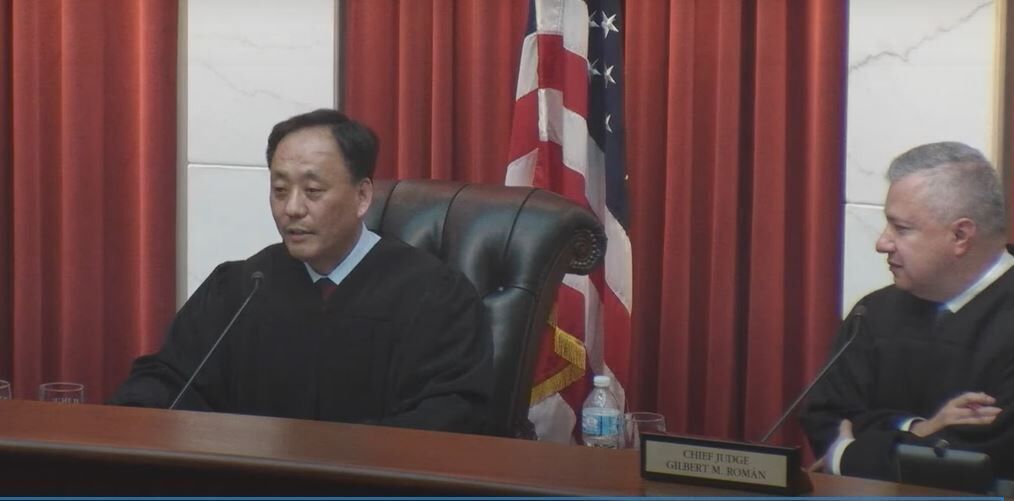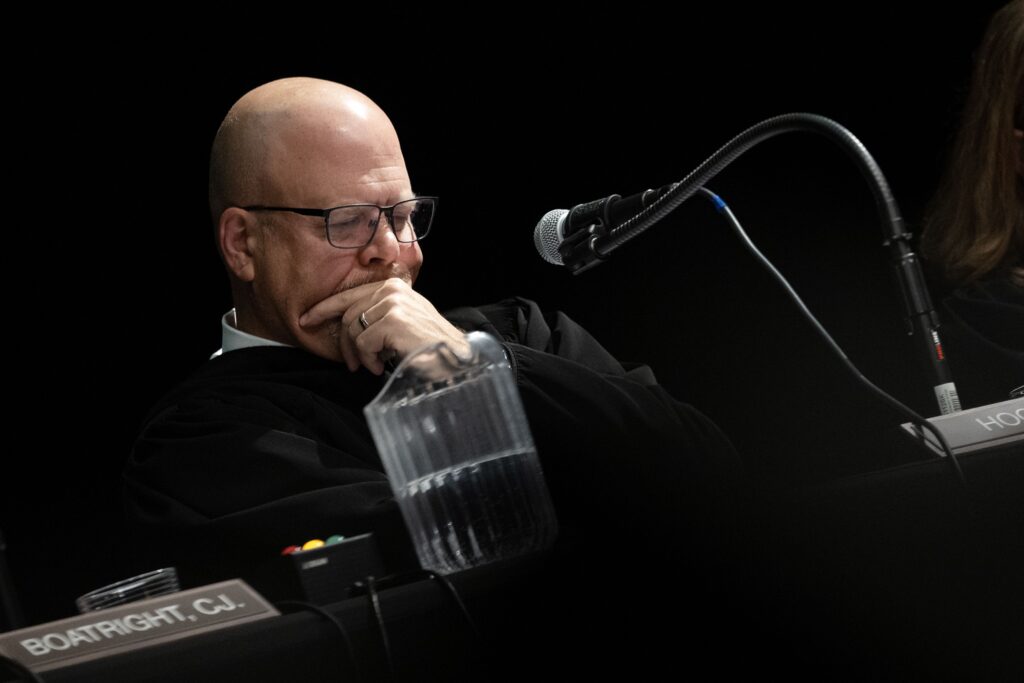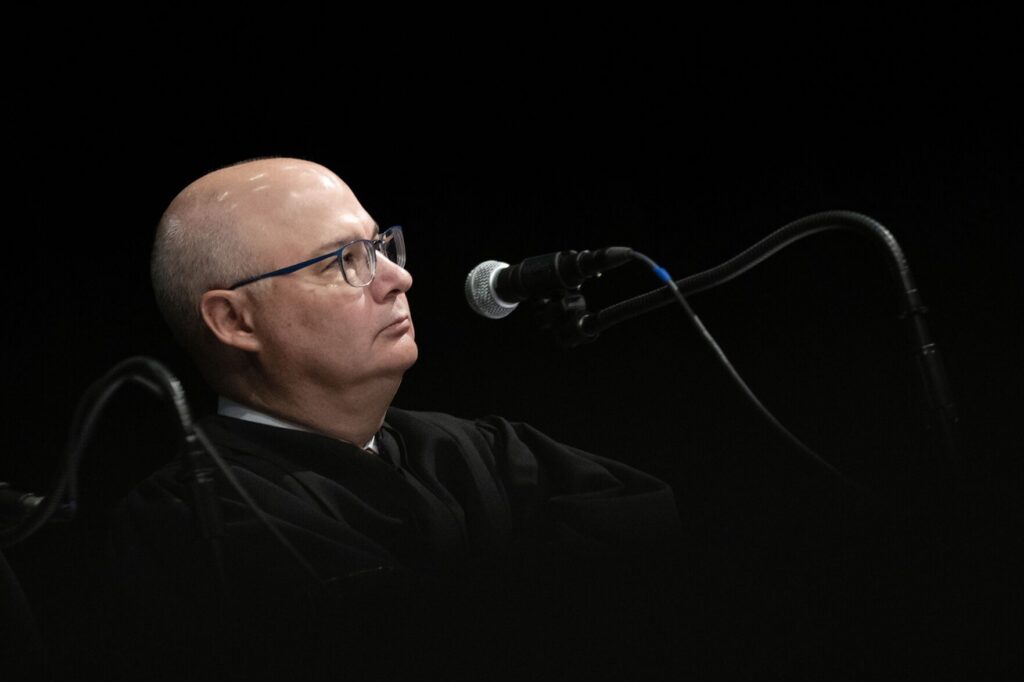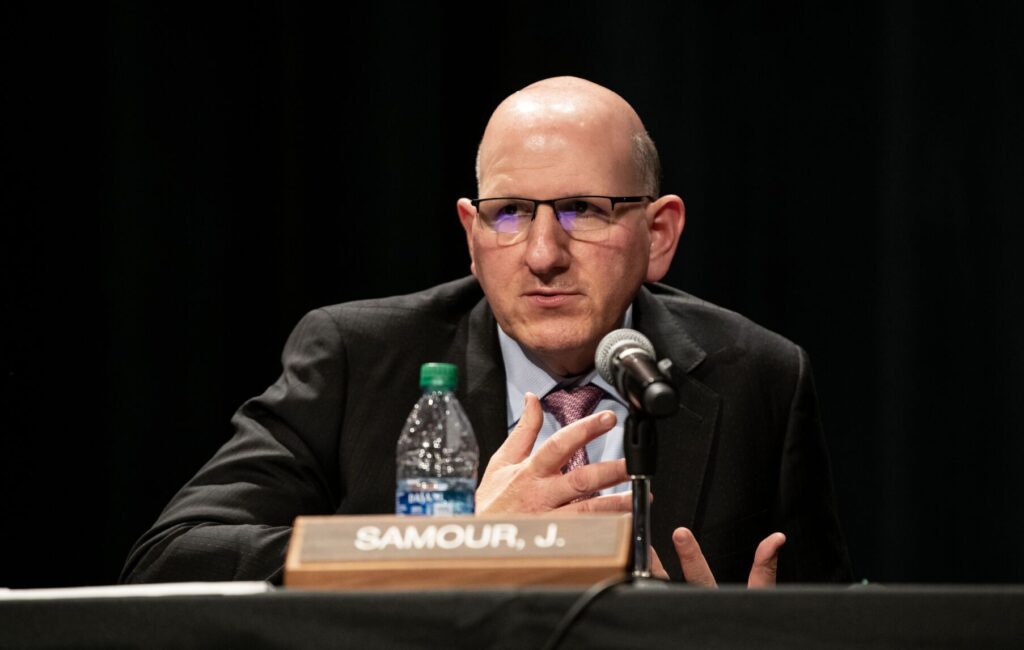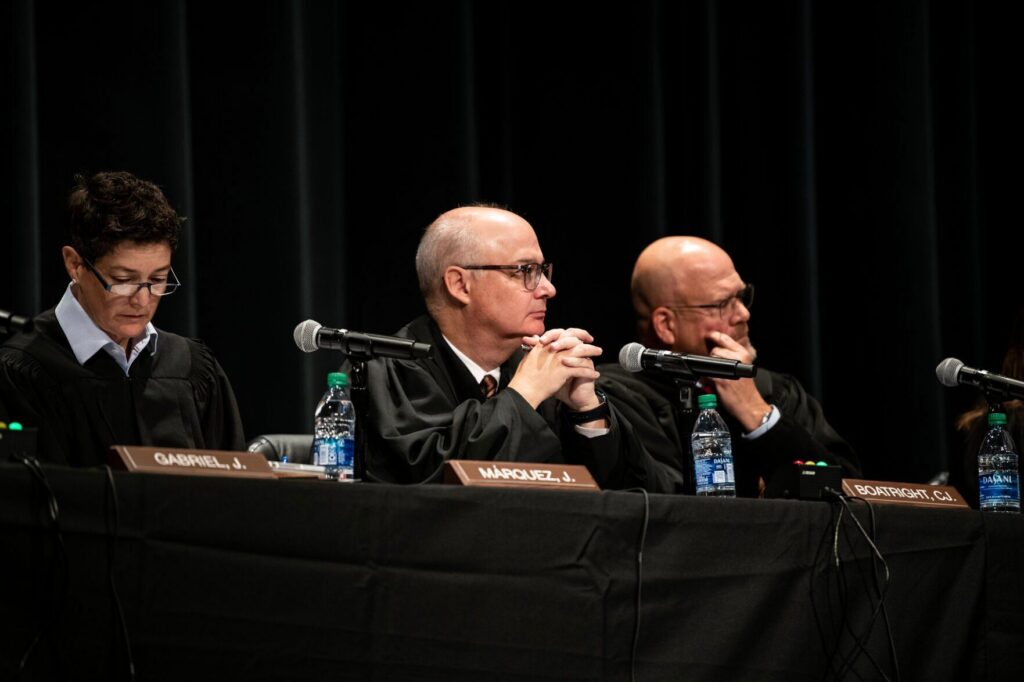Judge rejects disability-related challenge to man’s mental health commitment

Federal courts are not the place to hear a man’s challenge to his mental health commitment under a pair of disability discrimination laws, a judge ruled earlier this month.
Jesse Dillon Kirchner has been committed to the Colorado Mental Health Institute at Pueblo for years after serving an initial prison sentence. He pleaded guilty in 2013 to assault and not guilty by reason of insanity to other charges. While at CMHIP, Kirchner enrolled in Pueblo Community College.
Representing himself in court, Kirchner claimed his ongoing mental health commitment affected his ability to continue his studies elsewhere and accomplish his career goals. He pointed to the need for “necessary accommodations” under the Americans with Disabilities Act and Rehabilitation Act, two federal laws pertaining to disability discrimination.
But Kirchner’s claims also veered into requesting exoneration and expungement of his records. In places, he denied responsibility for the assault, while admitting to it in others.
In November, U.S. Magistrate Judge Michael E. Hegarty recommended dismissing the lawsuit, finding Kirchner had not shown he was being excluded from any activity because of disability discrimination. Otherwise, Kirchner was trying to overturn his state conviction using the federal courts, which is generally not allowed.
On Jan. 5, U.S. District Court Judge Charlotte N. Sweeney agreed with Hegarty that Kirchner’s lawsuit was a nonstarter. Kirchner had sued the Jefferson County District Court and the chief executive of CMHIP, who were both agents of the state protected by immunity.
Although Kirchner complained about ongoing and forward-looking harms to his education, “he ultimately seeks to redress an alleged past harm – exonerating him from a state court action that has already occurred,” Sweeney noted.
The case is Kirchner v. Marshall et al.



